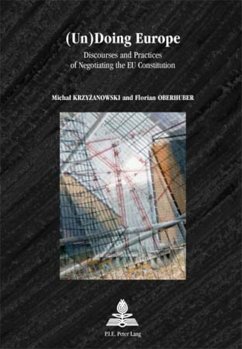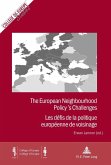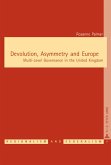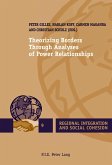After successive waves of «enlargement», the European Union has been struggling with political integration. The project of the «constitutionalisation» of the EU was therefore launched to cater to a growing need of institutional reform, but it also intensified debates about the underlying conceptions, norms and values of the European polity as well as the meanings and identities of entire Europe.
This book approaches the ongoing legal and political re-construction of the EU through a focus on the Convention on the Future of Europe (2002-2003) which produced a draft of the EU's first constitution. The Convention is studied from a multidisciplinary perspective integrating approaches from ethnography of institutions, political sociology and linguistically-based discourse-analysis. Drawing on extensive fieldwork and multiple textual data, the book offers an inside perspective on the multitude of ways in which politics in supranational environments works in practice. The book also contributes to the ongoing research on the discursive (re-)negotiations of meanings of Europe and European integration in the institutions of the European Union.
This book approaches the ongoing legal and political re-construction of the EU through a focus on the Convention on the Future of Europe (2002-2003) which produced a draft of the EU's first constitution. The Convention is studied from a multidisciplinary perspective integrating approaches from ethnography of institutions, political sociology and linguistically-based discourse-analysis. Drawing on extensive fieldwork and multiple textual data, the book offers an inside perspective on the multitude of ways in which politics in supranational environments works in practice. The book also contributes to the ongoing research on the discursive (re-)negotiations of meanings of Europe and European integration in the institutions of the European Union.








